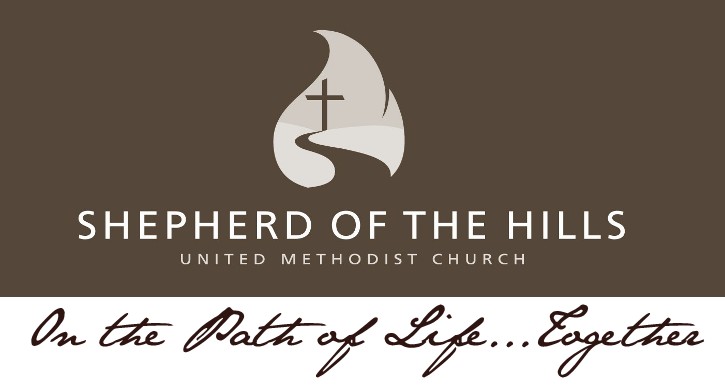 Luke 23:26-35 (The Message)
Luke 23:26-35 (The Message)26-31 As they led him off, they made Simon, a man from Cyrene who happened to be coming in from the countryside, carry the cross behind Jesus.
A huge crowd of people followed, along with women weeping and carrying on.
At one point Jesus turned to the women and said, "Daughters of Jerusalem, don't cry for me. Cry for yourselves and for your children. The time is coming when they'll say, 'Lucky the women who never conceived! Lucky the wombs that never gave birth! Lucky the breasts that never gave milk!' Then they'll start calling to the mountains, 'Fall down on us!' calling to the hills, 'Cover us up!' If people do these things to a live, green tree, can you imagine what they'll do with deadwood?"
32 Two others, both criminals, were taken along with him for execution.
33 When they got to the place called Skull Hill, they crucified him, along with the criminals, one on his right, the other on his left.
34-35 Jesus prayed, "Father, forgive them; they don't know what they're doing."
After 23 chapters, we come to the moment of crucifixion.
In a way, it's almost strange to see how quickly it happens and the economy of words that Luke uses to describe the act.
"...they crucified him."
But, really, what else can be said?
Of all the entries that I have written for this Gospel, this is perhaps the most difficult of them all.
Jesus Christ is God among us. He is the incarnation of God's person, love and beauty. And now we see him rejected, humiliated and killed.
And yet, even in this darkest moment, hope still abounds.
This is the picture of God's love. Sacrificial, filled with concern for the creation He has made.
Simon, who carries the cross. The "daughters of Jerusalem" who weep for him. Criminals crucified with him, on either side. Even those who place the nails in his hands and feet.
"Father, forgive them, they don't know what they're doing."
I've heard people pull their own anger up around them like a snug little blanket. "If someone isn't sorry for what they've done, then how can there be forgiveness?"
In essence, we say to ourselves, "well...I would certainly forgive, but they haven't said they're sorry."
Look to the example of Jesus. Perfect love doesn't wait. It forgives, completely. This is the master that we follow. His path is not easy, but it is perfect.
Today, we pause with Luke...at the foot of the cross.
Father, we are so imperfect. We "crucify" those we do not like, and we lash out against those who do us harm or even just upset us. Somehow reach into our lives and show us a different way. Remind us of Jesus, and the cross, and his perfect love. May we be redeemed by this sacrifice, and may it never be in vain.
Glory be to the Father, and to the Son, and to the Holy Spirit. As it was in the beginning, is now and ever shall be. World without end. Amen.






.jpg)




